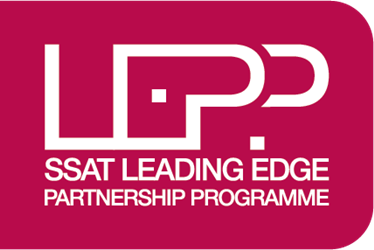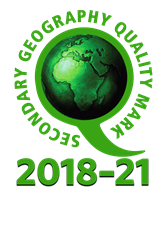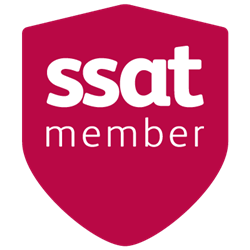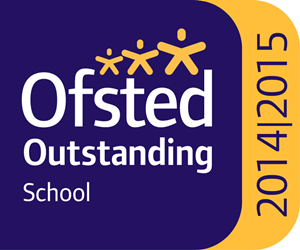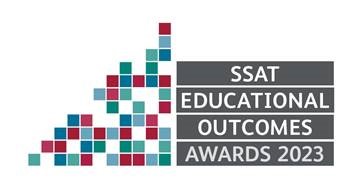A Level English Literature
Entry Requirements: Grade 6 in either English Language/Literature
Exam Board: OCR
Course content:
The A-Level Literature course is suitable for keen and dedicated readers and at the heart of this specification lies the need for students to study a broad range of literature from different times and by a range of authors.
The course encourages students to develop interest in and enjoyment of English Literature through wider reading and the development of critical and analytical skills.
The texts that students will have study have been deliberately chosen to broaden their horizons and appeal to their interests and enthusiasms.
Year 12: students began studying a dystopian unit, where they learn about this genre of literature and apply this knowledge to two texts, which they will be examined on at the end of their two year course. Teaching is split between two teachers who each take one half of the course. As part of the course, in Year 12 students will have covered the following content:
- An exploration into the dystopian genre • The Handmaid’s Tale (Margaret Atwood) • A Clockwork Orange (Anthony Burgess)
Once this has been covered, students will begin to produce two pieces of coursework; one which is a close reading of one literary texts and one which compares two texts. Students will be expected to have completed one of these by the end of year 12 and will write the first draft of the other during the summer holidays between Years 12 and 13.
Year 13: students move on to study the other set-texts that will be examined at the end of Year 13, which are:
- The Tempest (William Shakespeare) • A Doll’s House (Henrik Ibsen) • Selected poems by Christina Rossetti
All material will have been taught by the Christmas holidays of Year 13, by which time the final draft of coursework will be complete, and the rest of the year will be focused on revision.
Expectations English Literature is a challenging course that requires students to possess a genuine passion for reading and interpreting a broad range of texts. It requires dedication and discipline. Students are expected to conduct a large amount of independent reading, and are required to produce lengthy pieces of written work on a weekly basis. . The course is designed to be as engaging for students as possible. However, students will require the perseverance to tackle complex texts and ideas, as well as the articulacy to express their interpretations in class discussions and essays
Assessment:
In each of the examinations, students will be assessed on the following criteria:
AO1: Articulate informed, personal and creative responses to literary texts, using associated concepts and terminology and coherent, accurate written expression.
AO2: Analyse ways in which meanings are shaped in literary texts.
AO3: Demonstrate understanding of the significance and influence of the contexts in which literary texts are written and received.
AO4: Explore connections across literary texts.
AO5: Explore literary texts informed by different interpretations
PAPER 1: Drama and Poetry pre-1900 (40% A Level)
Section A: Shakespeare (30 marks) Passage-based question followed by an essay on The Tempest Section B: Comparing Texts (30 marks) Essay linking A Doll’s House with selected poems by Christina Rossetti
PAPER 2: Comparative and Contextual Study (40% A Level)
Section A: Unseen prose (30 marks) Critical reading of an unseen piece of dystopian prose
Section B: Comparing Texts (30 marks) Essay linking The Handmaid’s Tale with A Clockwork Orange.
First Coursework Essay: Close reading of a poem (7.5% A Level) An essay that closely and critically analyses a poem. (1000 words and 15 marks).
Second Coursework Essay: Comparative essay (12.5% A Level) An essay that compares and contrasts a play and a novel, informed by different interpretations and an understanding of contexts. (2000 words and 25 marks).
Career Value
The course is suitable for a wide range of degree courses and a wide variety of careers, including journalism, the media, law and teaching. It is an excellent preparation for any degree which requires essay writing, particularly Arts, Humanities and language courses. It also provides greater breadth and contrast to students with a more scientific subject profile.


